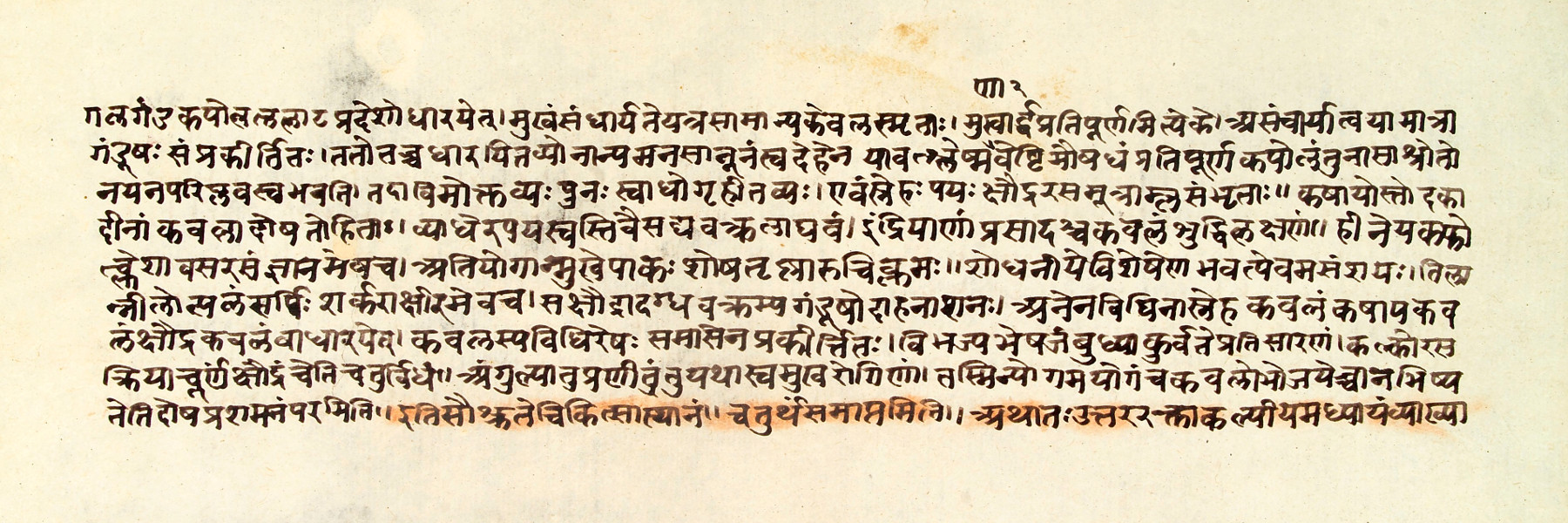What is ayurveda? Ayurveda is an alternative medicine originating from ancient Indian civilizations. It relies on organic plant products and herbs as medicines for curing diseases and medical conditions.
Though many classify ayurved as psuedo medicine, ayurvedic medicines have found to have verifiable physical and chemical properties with the ability to cure various diseases. In many common ailments, ayurvedic drugs and treatments are accepted to be effective in cure.
Ayurveda, or ayurved (आयुर्वेद), is the ancient Indian science of medicine and treatments. A Sanskrit word, ayurveda means knowledge of life and longevity.
Ayur means longevity, and ved means a compendium of knowledge or wisdom.
Ayurveda have a collection of medicines for various ailments, and also include surgical techniques, such as rhinoplasty, kidney stone extractions, and sutures.
Also Read: Origin of Ayurveda
Foundations of Ayurveda
Dhanvantari, an avatar of Lord Vishnu, is the Hindu god associated with Ayurveda. He is also known as the vaidya, or ayurvedic doctor, of Indian gods, or deities.
The modern Ayurveda’s foundations are also based on the Sushruta Samhita (or Suśruta’s Compendium), an ancient Sanskrit text on medicine and surgery. It is one of the oldest knowledge base on medicine, and is accepted as an important treatise on medicine from the ancient world. The Sushruta Samhita includes compilation of various medicines, surgical procedures, training and tools for surgeries.

Sushruta Samhita is known as the first written reference to surgeries.
Sushruta, the generally accepted author of the Ayurvedic text compendium, refers to the knowledge imparted to him by his guru or teacher, Divodāsa. Like most ancient sages, Sushruta is mentioned as a sage living in the Himalayas.
However, according to an Indian Sanskrit scholar S K Ramachandra Rao, Sushruta Samhita is believed to have been written and compiled in many layers by different ayurvedic experts, all of whom are referred to as Sushruta, literally meaning the renowned one.
In addition to the Sushruta Samhita, other foundations of the Indian traditional medicine of Ayurveda are Caraka Saṃhita, Bhela Saṃhita, and Bower Manuscript from 4-6AD.
Overview of Vedas
Veds are ancient Indian compendiums of various knowledge and religious practices. There are four vedas.
- Rigveda: compendium of hymns dedicated to Rigvedic deities
- Yajurveda: compilation of rituals and religious performances such as yagna
- Samaveda: compilation of verses, mostly take from the Rigveda
- Atharvaveda: Veda of magical formulas. It compiles magico-religious rites and spells for curing supernatural maladies, as well as herbs and nature-derived medicines
